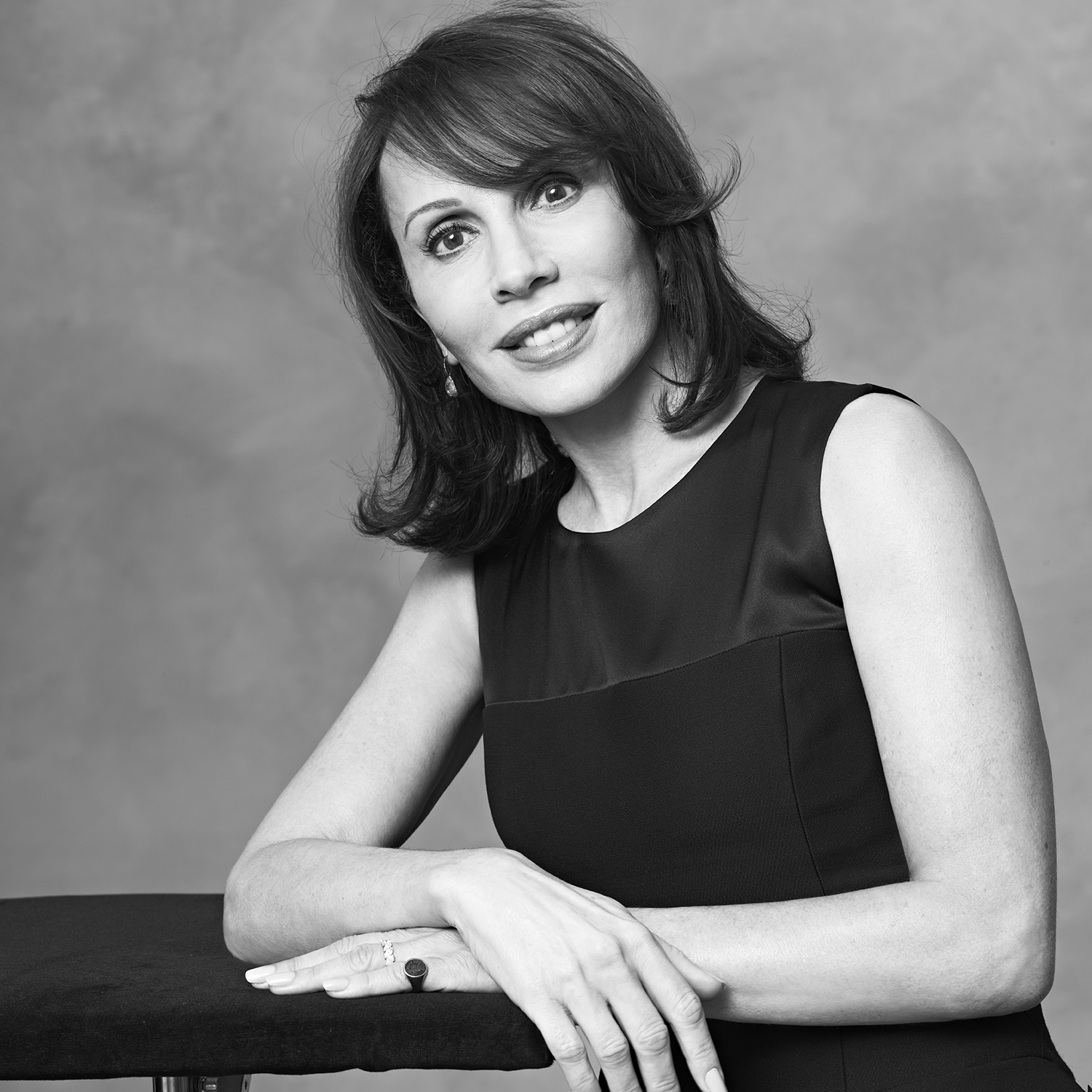
This International Women’s Day, the U.N. is supporting a cause I have believed in for a very long time: gender equality. Fighting for women’s rights is not just a women’s issue; it is a universal development issue, and it is central to leaving behind a more fair and sustainable world than the one we found.
U.N. Secretary-General Ban Ki-moon said last fall: “I call on all leaders to make tangible commitments that will secure true gender equality throughout the world.” This global challenge needs action and leadership on a local level. Even though we share the same goal around the world, the obstacles we face are often different.
In Gabon, we have a unique set of problems and opportunities. Too often, women’s rights in Africa appear in the global news media for all the wrong reasons: sexual violence, female genital mutilation and human trafficking. These horrific crimes not only devastate lives but too often paint African women as victims, not the leaders of their own—and the region’s—future.
None of us, whether in business, politics or any public sphere of life, should be content to live in a world where half the population still enters the workforce at a disadvantage to the other.
The reasons for women’s position in African political systems and job markets are complex. However, poor access to good education and healthcare are two key driving factors, which we are looking to strengthen in Gabon.
In Africa, women are less likely to receive primary education, acquire literacy skills and have the chance at further education. Equally, unique health risks through childbirth and gender-specific types of cancer pose a disproportionate threat to women and further restrict equal opportunities.
So we are left with stubborn statistics like African countries having among the lowest proportion of women employed in non-agricultural work. But this can’t stop us for striving for progress and parity.
At the Sylvia Bongo Ondimba Foundation, we are committed to improving the lives of women and families and offer targeted programs for mothers. We also offer scholarships for exceptional young male and female students to help them become tomorrow’s leaders. All our work is focused on the future, and we aim to be a model for the African region and beyond.
It is my dream that education can be the ultimate tool for social mobility, where all young people thrive based on merit. But for this to happen, we must provide greater support to women, mothers and families so that the children of our next generation will not be held back by financial or medical disadvantage.
Finally, it’s imperative that we also overcome physical boundaries—those inherent in a society that tells women they can’t be anything they want. Just because these obstacles are less visible does not make them any less real. To combat this, in 2014 I launched a program called “Gabonese Women and Leadership,” which is dedicated to empowering women in Gabon through mentoring and other support.
I am hopeful that I will see all women—especially the women of Africa—reach equality in my lifetime.
More Must-Reads from TIME
- Cybersecurity Experts Are Sounding the Alarm on DOGE
- Meet the 2025 Women of the Year
- The Harsh Truth About Disability Inclusion
- Why Do More Young Adults Have Cancer?
- Colman Domingo Leads With Radical Love
- How to Get Better at Doing Things Alone
- Michelle Zauner Stares Down the Darkness
Contact us at letters@time.com